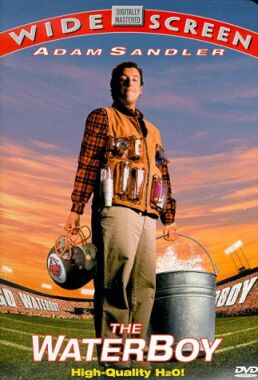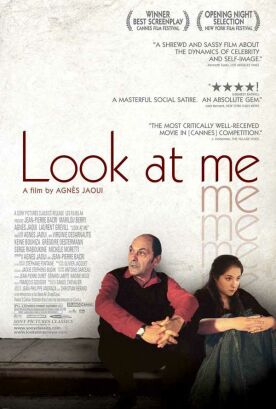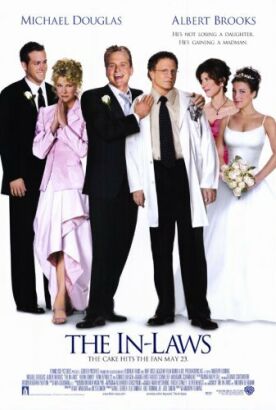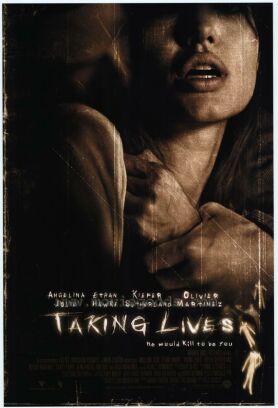Waterboy, The
My first thought about The Waterboy, directed by Frank Coraci, was that I had already seen just about as many movies as I would ever need to see in which Adam Sandler attempts to exploit his arrested development for comic purposes. But then the Washington Post ran a “Style” section piece by Sharon Waxman taking America to task for going to see The Waterboy instead of the phony and pretentious but extremely high-minded Beloved. Both movies were produced by Disney, and Ms Waxman quotes Joe Roth, the head of the studio, as saying “It’s discouraging how difficult it is to get people to come see serious movies.” It is indeed, Joe. But part of the reason, at least, is that you try to palm them off with rubbish like Beloved as your idea of seriousness.
“The lesson is that the country seems to be in a mood where people are looking for real escapist entertainment,” says another representative of the industry. But what, we can’t help wondering, are the “escapists” escaping from? Is there war? Is there depression? Is there more misery in the world than usual? Rather the reverse, it seems. But this is the kind of thing that Hollywood artistes say when they want to make excuses for some lousy movie that has tried to sell itself by being worthy and high-toned and serious.
Anyway, I thought that if it would strike a blow against such seriousness, I would go and join the crowds which were making The Waterboy the number one movie in the country. Alas, I found I was right the first time. If this is “escapist” entertainment, I thought, it must be because any sane person would want to escape from it. It tells the story of Bobby Boucher, a 31 year-old pre-adolescent who lives with his mother (Kathy Bates) in Jackson’s Bayou, Louisiana and acts as waterboy to a college football team. The football players mock, tease and mercilessly persecute him and he meekly takes it because his mama told him not to fight back. One day, Coach Klein (Henry Winkler) tells him it’s OK to hit back when he is being bullied, and he proves to be such a fierce hitter that he wins a place on the team as a star linebacker, capable of flattening anyone who is carrying the ball.
He does this by fantasizing that the ball carrier is one of the legion who have mocked and made fun of him and the film makes the faces morph into other faces to get this tedious point across. Most of the intended comedy lies in mama’s attempts to keep him tied to her apron strings and away from “fooze-ball” and girls, which between them might turn him into a man. Mama tells Bobby that “you don’t have what they call the social skills. . .That’s why you don’t have any friends — ’cept yo’ mama.” But eventually he finds some, and mama, for no apparent reason, decides to let her Bobby grow up just in time to help Coach Klein, to get his manhood back and to lead the South Central Louisiana Mud Dogs in the Bourbon Bowl.
The idea of the Bourbon Bowl is an example of what the filmmakers think funny about Louisiana, as is its portrayal of the citizens of Jackson’s Bayou as being roughly Cro-Magnon in manners and intelligence. As one of the rival football team puts it, “It looks like we ended up in Retard-ville.” And it does too, though I think we’re supposed to find it funny. Lots of people apparently do, anyway, and Lawrence Taylor, Jimmy Johnson and Bill Cowher of the National Football League all make cameo appearances. I myself don’t know what the connection is between America’s rejection of the pretentious rubbish of Beloved and its embrace of the unpretentious rubbish of Waterboy, but even the priggish Washington Post may not be wrong in suggesting that there is one.
Discover more from James Bowman
Subscribe to get the latest posts to your email.








![Inglorious Bastards [QT, note SP]](https://jamesbowman.net/wp-content/uploads/2009/08/ingloriousbastards.jpg)